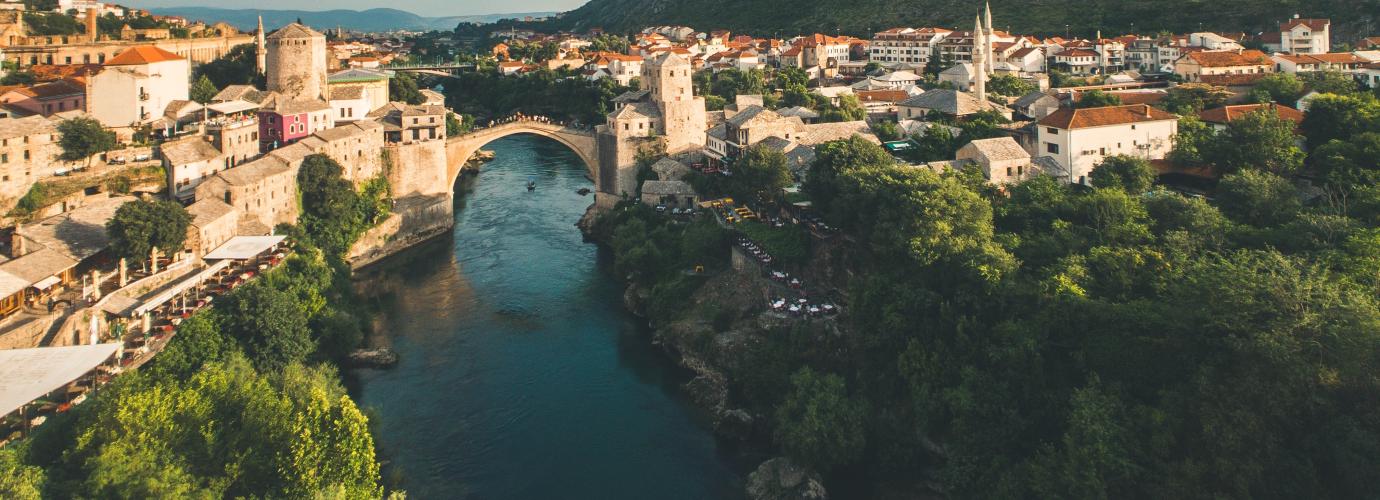Types of institutions
In secondary schools for vocational education and training that meet the appropriate requirements, part-time students can be further educated for the 5th degree, for acquiring the title of master or specialist. Post-secondary non-university education can last two years (specialist) and one year, which leads to the title of master.
Post-secondary non-university vocational education also includes a master's exam. The master's exam has the right to take a candidate who has completed three years of vocational school, passed the final exam and has three years of work experience in the profession (in certain occupations) or four-year vocational school, passed the professional exam and has two years of work experience (in jobs) of a particular occupation).
Vocational education for a period of one or two years is realized in a secondary vocational school that has a decision of the competent ministry, in accordance with the law on education and upbringing.
Educational work is performed in accordance with the law, based on the annual plan and work program. The annual work program determines: the organization of educational work; internal quality assurance; forms, content and schedule of tasks; enrollment plan; exam deadlines; professional development of teachers; cooperation with social partners (employers, associations) and others.
The Law on Vocational Education stipulates that programs for acquiring a master's degree can be implemented by schools, organizers of adult education and associations that have the appropriate solution from the competent Ministry of Education.
Geographical accessibility
Vocational high schools that have a decision of the competent ministry, as well as institutions registered for the implementation of these programs (Institute for Adult Education of the Republic of Srpska, registered institutions and centers in the Federation of BiH and Brcko District)
Admision requirements and choice of school
The Laws on Vocational Education prescribe the general conditions for enrolling students in the 5th level of education. Enrollment in V degree can be achieved by a person who has completed:
• four-year vocational high school;
• a three-year vocational school and passed the final exam.
In accordance with the mentioned act, the criteria for enrolling students in the 5th grade are general success in the last three or four grades of vocational school;
Candidates for enrollment submit a certificate of the last three or four grades of vocational school, as well as the corresponding diplomas.
Age levels and grouping of pupil/students
The Law on Vocational Education prescribes the general conditions for enrollment in the 5th level of education (completed four-year secondary vocational education or three-year vocational education and passed the final exam). Therefore, the student must be over 18 years of age and cannot have the status of a pupil or student.
Organization of the school year
The school and school year begin, as a rule, on September 1. Educational work (school year) includes two semesters. The beginning of the school year, the time of organizing the educational work during the school year is determined by the school calendar, which, at the beginning of the school year, is adopted by the minister in charge of education.
The teaching program can be realized through instructive, consultative teaching, online teaching, teaching lasting at least the hours provided by the curriculum.
Organization of the school day and week
Classes are organized in a five-day working week. Exceptionally, in case of compensation for the teaching working day, classes can be organized on Saturdays as well.
Educational work in the institution can be interrupted only in especially justified cases (epidemic, natural disaster, etc.).

